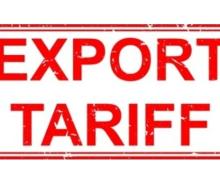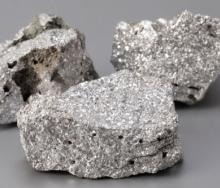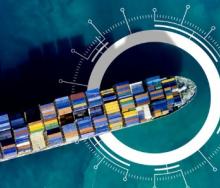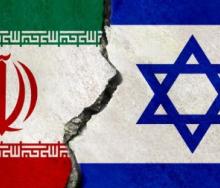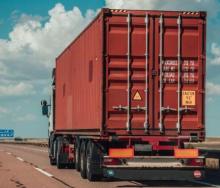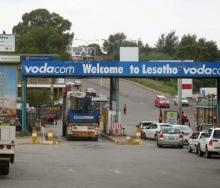South Africa has the potential to become a world player in the manufacture of lithium ion batteries (LIB), boosting its economy and creating much-needed jobs.
According to Khanyiselo Kumalo, energy analyst at GreenCape, in light of the safety challenges of transporting LIBs, manufacturing in South Africa represents a strong entry point to the wider African market.
“The country possesses 80% of the world’s manganese. Moreover, other raw materials required in the cathode are mined in sub-Saharan Africa,” she said.
“Lithium batteries have become a strategic commodity in national energy security. The industry is moving away from lead acid and alkaline batteries to more advanced batteries such as LIB to meet increasing energy storage needs.
“With seemingly little in the way of its progress, the Li-ion industry is projected to surpass $90 billion by 2025, driven in large part by the transportation sector. Clearly, economic opportunities in the battery space exist and inexpensive electric vehicles have been identified as a significant opportunity for developing economies,” she said.
Kumalo said South Africa did have some barriers to overcome if it wanted to grow its battery manufacturing. This included the lack of local skills to facilitate market growth, policy uncertainty and high import and export duties.
“Currently we are exporting most of our nickel and manganese in raw form to China where it is beneficiated and then we buy back and import the much higher-priced batteries. The opportunity exists where South Africa could set up a pre-cursor facility to export battery grade ore and capitalise on the value add,” she said. “Considering that raw ore is valued at around $100 per ton, while battery grade or is $1200 per ton, it makes economic sense.”

